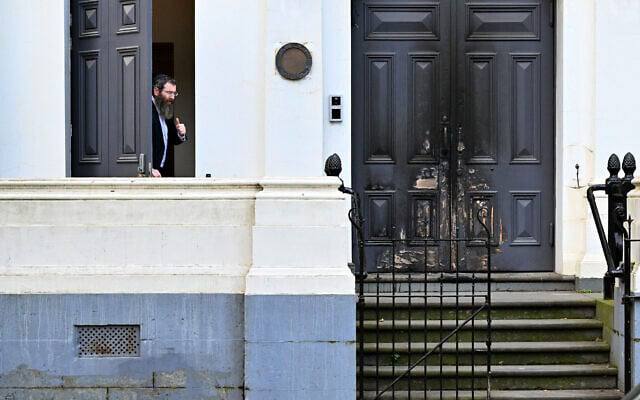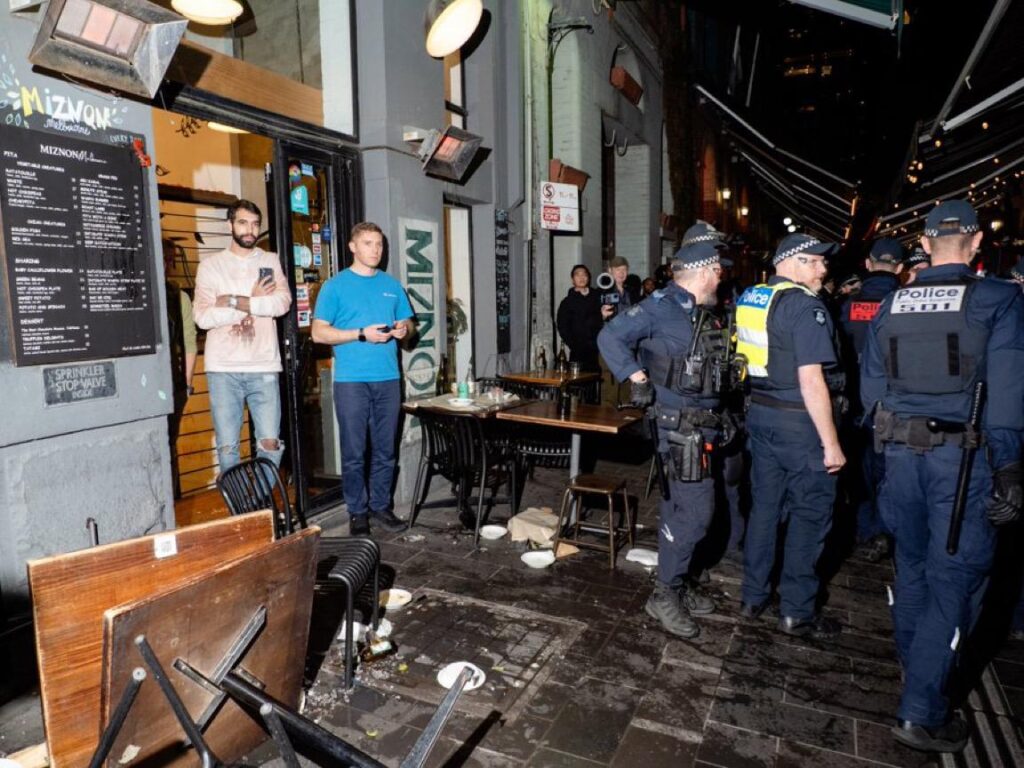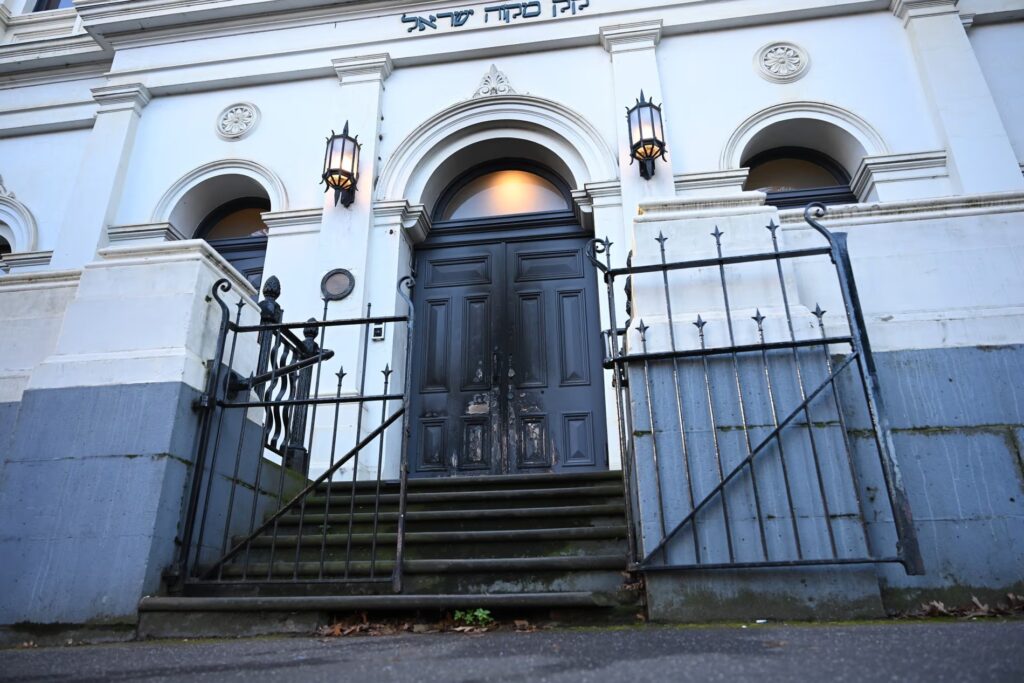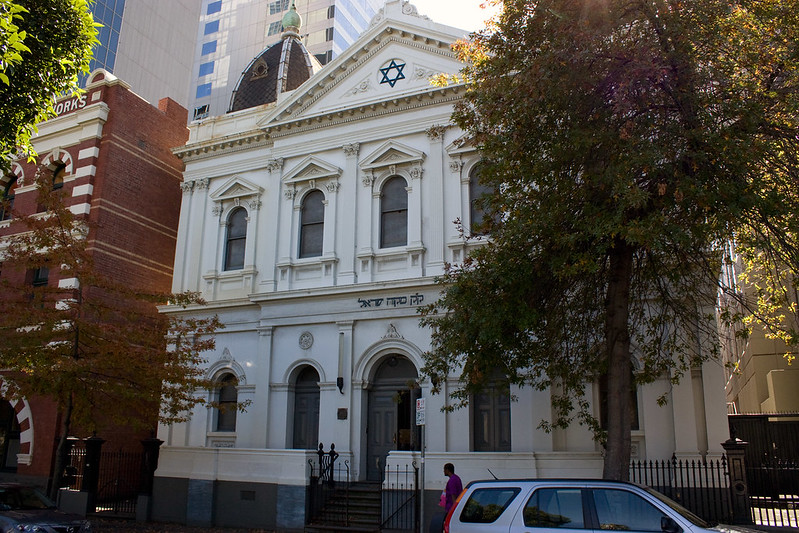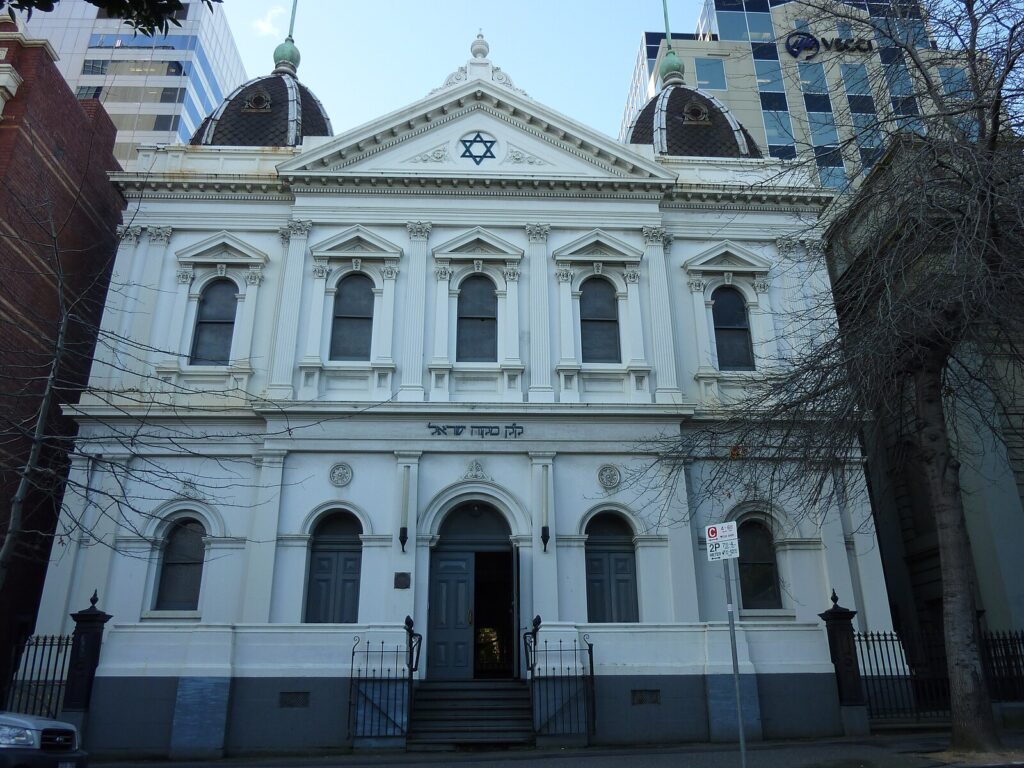IN THE MEDIA
The problem of squaring a circle
September 30, 2006 | Colin Rubenstein
Bangkok Post – 30 September 2006
The current state of flux in the Middle East provides an opportunity for positive change
By COLIN RUBENSTEIN
Both Israel and Palestinian politics are currently in a state of flux. The conduct and consequences of the war against Hizbollah have seen a very intense debate in Israel. The future of the current ruling coalition, elected in May, is meanwhile very much up in the air. Meanwhile, Palestinian Authority President Mahmoud Abbas announced a couple of weeks ago agreement on the imminent formation of a new Fatah-Hamas unity government. However, continuing disagreements over the government’s platform have left him unable to bring it to fruition so far.
While Israeli-Palestinian relations have seldom been at a lower ebb, the political uncertainty in both societies provides an opportunity of positive change which may make progress possible.
In the wake of the war, Israeli PM Ehud Olmert has shelved the ”convergence” plan for additional troop withdrawals, negotiated or unilateral, from the West Bank, which was the core of the platform on which he was elected.
Both Mr Olmert and many Israelis will now be looking for another way to make progress toward peace. After the Camp David summit’s failure in 2000 led to a full-blown terrorist intifada encouraged by Yasser Arafat, most Israelis lost confidence that the Oslo model of talks and interim agreements with the Palestinians would work.
The Gaza disengagement and the convergence plan were attempts to allow Israel to continue initiatives toward a two-state solution that Israel could live with, in the absence of a Palestinian partner both able and willing to deliver a lasting and secure peace settlement.
However, Israel’s complete unilateral withdrawal from Gaza was succeeded not only by a Hamas election victory, but by constant barrages of home-made Qassam rockets into Israeli towns.
Similarly, the recent conflict in Lebanon is arguably linked to Israel’s May 2000 withdrawal from all Lebanese territory, which allowed the Hizbollah to establish a heavily armed and fortified Iranian-affiliated mini-state along Israel’s northern border, whose raison d’etre was to spark on-again, off-again conflict with Israel.
Polls show that Israelis overwhelmingly do not want to continue to rule the Palestinians of the West Bank, but view it as suicidal to allow this area to be turned into a terror state able, Hizbollah-style, to shoot rockets at will at Israel’s heartland around Tel Aviv.
As the Israeli political scene settles down in coming months, the very real problem of squaring this circle is likely to spark at least as much debate in Israel as the conduct of the recent conflict.
Meanwhile, politicking in the Palestinian Authority proceeds, and more than developments in Israel, will largely determine whether there is an opportunity to make any progress. President Abbas has been promoting a national unity government incorporating his party, Fatah, and Hamas, since before the so-called Prisoners’ Document was signed in May.
That document, spelling out the theoretical platform of a Hamas-Fatah coalition, is not a basis for serious renewed Israeli-Palestinian negotiations, because it doesn’t come close to fulfilling the three simple conditions the Quartet of the EU, Russia, UN and US placed on the PA to restart direct aid transfers and resume the political process. These were the recognition of Israel, the renunciation of terrorism and the recognition of previous Israeli-Palestinian agreements.
Hamas is spinning and twisting in an attempt to avoid giving even an implied endorsement of Israel’s right to exist. The agreement it signed with Fatah, based on the Prisoners’ Document, reportedly sees Hamas recognising the 2002 Saudi peace initiative, which, they say, is an indirect way of fulfilling the international demands.
This initiative, endorsed by the Arab League, declared that Israel would be recognised if it withdrew to the June 5, 1967 lines and if the refugee issue was dealt with fairly.
The initiative did not call for any negotiations and fudged the issue of what fair treatment of the refugee issue would mean, leaving plenty of room for rejectionists to find reasons to avoid recognition.
However, Hamas is now reportedly trying to refrain even from directly endorsing the Saudi initiative. Further, when Mr Abbas told the UN on Sept 21 that the new unity government would recognise Israel, PM Haniyah of Hamas, due to head the PA unity cabinet, said he would never lead a government which recognised Israel.
Moreover, Hamas continues to say it will only honour those past Israeli-Palestinian agreements that ”served the interests of the Palestinians”, i.e. those they feel serve their political purpose of the moment.
Israeli politics are in a state of flux and Israelis are looking for new approaches, but these will depend on changes on the Palestinian side. As the Quartet recognised with their conditions on the PA, there is little point in talking about a peace agreement with an interlocutor who says his goal is to kill you, and that he will only keep agreements he makes with you when it suits him.
If the Palestinians form a coalition government, the international community must be very clear _ if the PA wants to gain the renewal of direct aid, it must agree to the three very basic conditions laid out for it. Any fudging of these issues will help ensure that that peace remains a distant hope for both Israel and the Palestinians.
Dr Colin Rubenstein is Executive Director of the Australia/Israel and Jewish Affairs Council. Previously, he taught Middle East politics at Monash University for many years.
Tags: Israel

